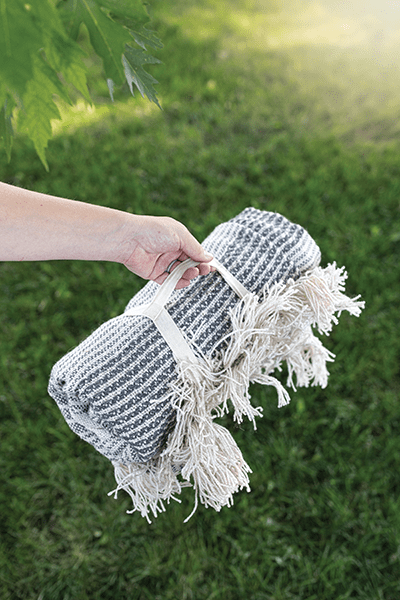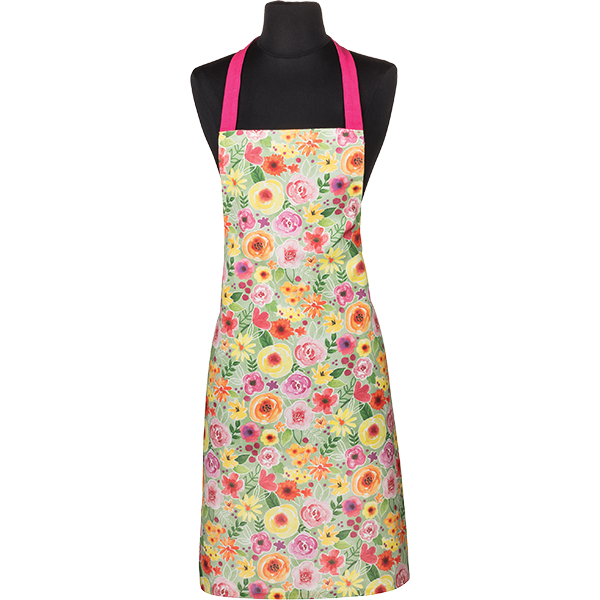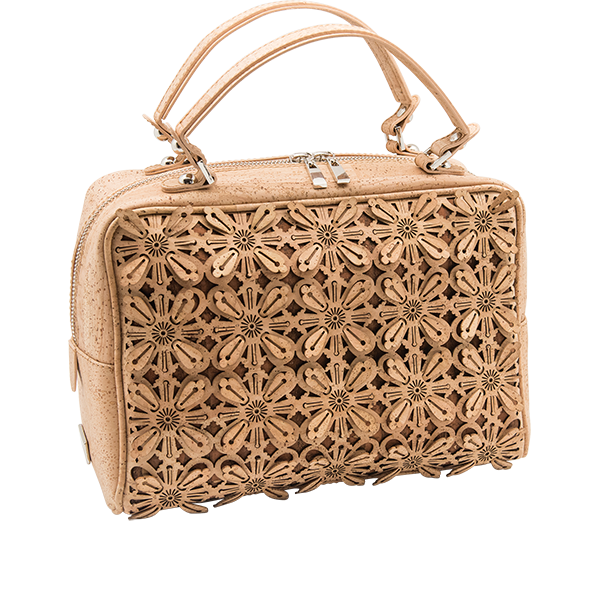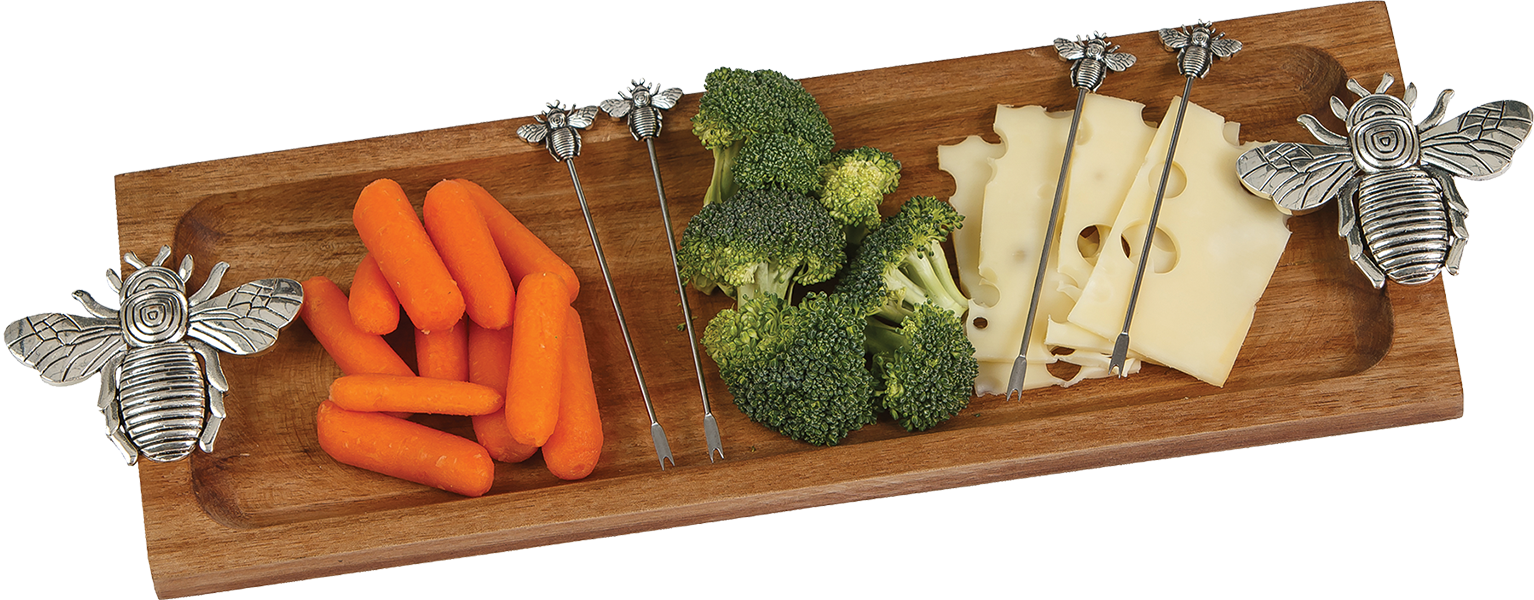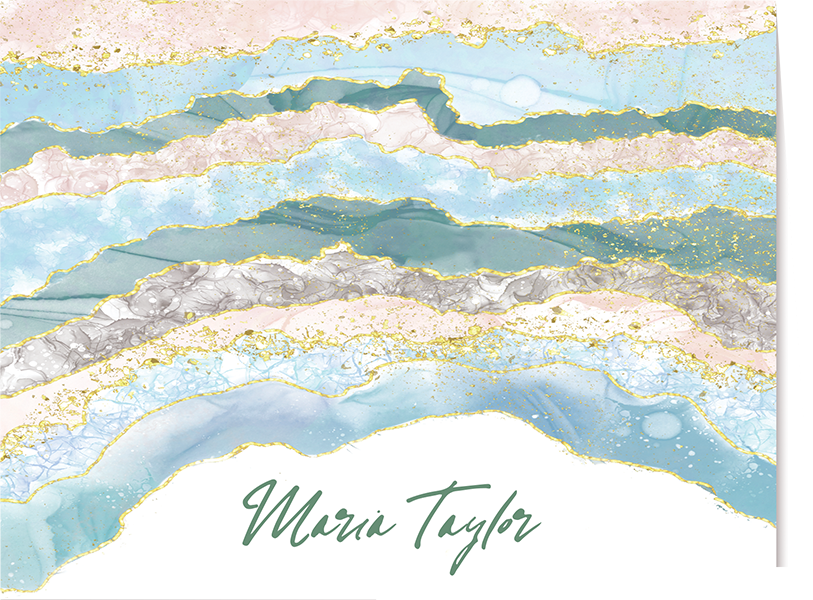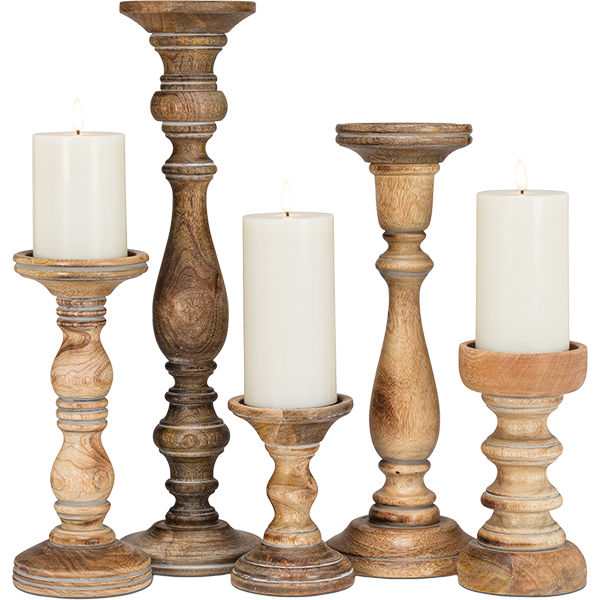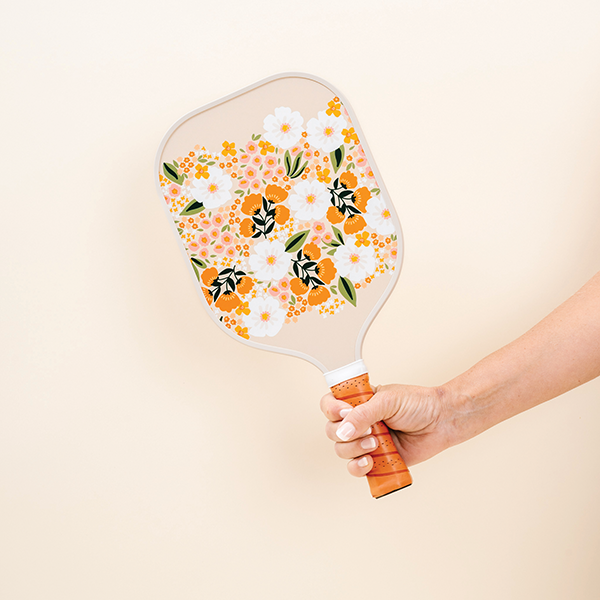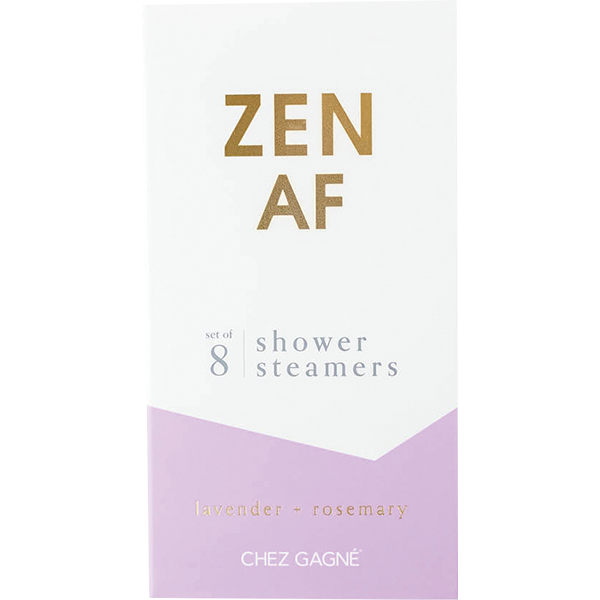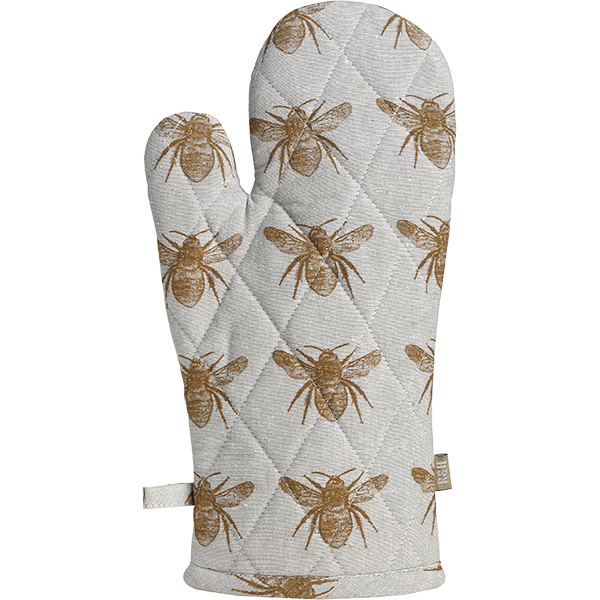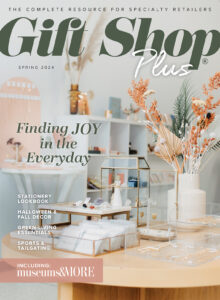A Fair Deal
Is ‘fair trade’ important for your store?
The term fair trade” is thrown around a lot in retail circles, but what does it really mean and why should retailers care? Museums & More talked to a retailer, an importer of fair trade products and the founder of a fair trade organization to give you a triple perspective on what it is and how it can work for you.
Founder
How would you explain fair trade?
At its core, fair trade is a way of doing business with the goal being to support artisans in developing countries by providing them with fair wages, safe working conditions, long-term employment opportunities and never using sweatshop or child labor in the production process.
Why is there a growing demand the fair trade designation?
Consumers, now more than ever, are demanding more transparency with regards to the products they are buying. They want to know that they’re not made by children, they’re not harming the earth’s resources and that they’re making a difference in the world. While they don’t have a lot of money to spend like they used to, they want to know that the money they do have is going to help support someone else, too. That’s powerful.
How can they be assured that what they’re getting is legitimately fair trade?
Retailers have to be smart about their research and ask the companies detailed questions. What about your business is fair trade? Why are these products fair trade? See if the company can answer the questions intelligently and honestly.
Unlike most manufacturers that try to hide their where their products are made, fair trade importers want their retailers to know all about the producers with whom we work, what is happening in their communities and how their work is helping contribute to the economic development in their communities. Then they can, in turn, share those stories with their customers.
Another way is to visit the Fair Trade Federation’s website (full disclosure, I sit on the board of directors of this organization, too). The website lists all of its members and in order to become a member, we have to go through a very stringent application process. More than half of the companies that apply are denied membership because they didn’t meet all nine principles of fair trade.
What can retailers do to incorporate items into their existing merchandise?
Include a little shelf talker or sign next to the items with information about the artisans who make the product. This will not only separate the items from your current mix, but also educate your customers about what fair trade is about. We have a QR code that we give our retailers that they can add to their signage so customers can use their smartphones to access a website that shows our artisans making the jewelry in their studio in South Africa. These little things, although they don’t cost a penny more for retailers to do, an easily make a $20 original sale into more than double.
What do you say to retailers who may be worried about fair trade products costing more?
When I am at the gift trade shows and see the wholesale prices of mass-produced versus fair trade products, I don’t see a big difference in price, but I do notice the difference in quality. I think retailers will be pleasantly surprised at the level of design, quality and prices of the fair trade products of today compared to year’s past.
Kevin Ward
Co-founder and CEO
How do you explain “fair trade” to your customers?
Fair Trade is about creating relationships with impoverished artisans in the developing world that will enable them to lift themselves out of poverty through sustainable trade. It’s a partnership based on cooperation that includes everything from the price point to the impact on cultures and the environment.
The interest in fair trade jewelry and wearables stems from a growth in consumer awareness and the negative impacts of sweatshops in the production of mainstream products. But it’s not about charity; consumers deserve and are being offered the highest quality of unique handmade products
What fair trade products do you offer and why is fair trade something that retailers should consider?
At Global Crafts, we are a member of the World Fair Trade Organization and offer more than 1,000 products from 20 countries, all of which are fair trade and handmade.
In a world where small main street specialty stores are struggling with the dominance of the national brands, it is critical that they live up to the title of a “specialty” store, bringing in products that distinguish themselves from larger stores and their fellow specialty stores. Products of fair trade wholesalers provide a unique opportunity to demonstrate to the community that they value the communities who make the products.
What do you say to retailers who may be worried about fair trade products costing more?
Fair trade organizations work directly with artisan groups, reducing the layers in the supply chain, enabling the artisans to benefit from a higher proportion of the sale price and maintaining competitive pricing to U.S. retailers. Retailers will be able to maintain their margins and benefit from being able to distinguish themselves with unique handmade products that they can talk about with the confidence, knowing that they embody fair trade values.
Peer Perspective
Terry Tarnow
Dennos Museum Store Manager/Buyer
Traverse City, Mich.
I buy what will sell in my store, whether it’s fair trade or not, so if the cost is too high I don’t buy it. But when I tell customers that the item benefits the artists and their families and that they are paid a fair wage for the art they produce, their interest increases and most don’t care if the price is a little higher.
We display like items together — jewelry with jewelry, textiles with textiles, etc. Most fair trade items come with good information cards and these are displayed with the product.
We had an exhibit of Cuadros from Peru a few years ago and had two artists come with translators to our museum and demonstrate. These women had not only never been out of Peru, but never traveled out of their village. Our customers were so impressed by the quality of their work that they purchased items with no thought to the price.
We also sell the work of a wood carver from Malawi in our store whose work is brought to us by a doctor who lives in Traverse City and works part time in this man’s village. Average income in Malawi is $1 a day. Last year we were able to send him $3,000 for sales of his work.
Just before Christmas I received an email from him asking if we had sold enough to send him a check. I sent him about $400 and he said he could buy enough seed to feed his entire family and put a new roof on the house. These kinds of stories make people feel good and encourage them to buy fair-trade work.
By Abby Heugel
Managing Editor
“













